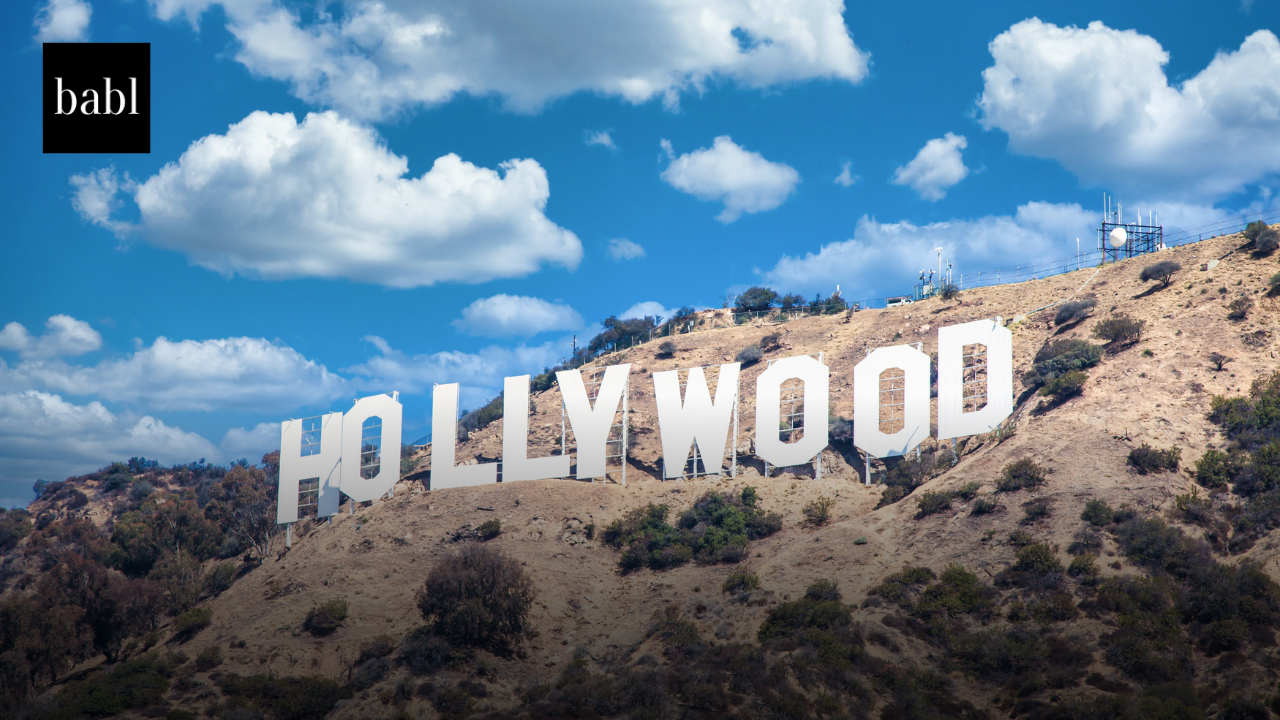California Governor Gavin Newsom signed two union-backed bills into law on September 17, aimed at restricting the use of artificial intelligence (AI) to create digital replicas of performers. The move comes amid growing concerns in the entertainment industry over the unauthorized use of AI to replicate the likeness and voice of individuals without their consent. The bills, Assembly Bill 2602 and Assembly Bill 1836, were signed during a symbolic ceremony at the Los Angeles headquarters of the performers’ union, SAG-AFTRA.
These legislative efforts, driven by SAG-AFTRA and passed by the California State Senate in August 2024, seek to protect performers from the growing trend of using AI technology to generate digital versions of their voices and likenesses without proper consent or representation.
AB 2602, introduced by Assembly Members Ash Kalra, Isaac Bryan, and Laura Friedman, prohibits the use of a performer’s digital replica in place of their actual work unless the performer has provided informed consent. The bill also stipulates that any contract allowing the use of digital replicas of a performer’s voice or likeness must clearly detail all potential uses of the AI-generated replica.
According to the legislation, any agreement that does not outline the uses of the digital replica is deemed “unconscionable” and will be considered against public policy. This law applies retroactively, meaning performers who have already signed contracts containing such provisions must be notified in writing by February 1, 2025, that the contract is unenforceable.
The bill also mandates that performers must be represented by legal counsel or a labor union in any agreement involving their digital likeness. This ensures that performers are properly informed and represented when licensing their rights for AI use.
AB 1836, authored by Assembly Member Rebecca Bauer-Kahan, focuses on intellectual property rights related to the use of digital replicas of deceased personalities. The bill allows the heirs or estates of deceased performers to sue for damages if their likeness or voice is used without consent in an audiovisual work or sound recording.
The legislation specifically targets AI-generated replicas, establishing a cause of action for unauthorized use and setting a minimum fine of $10,000 or actual damages. This provision provides additional protection for the intellectual property rights of deceased personalities, ensuring that their likeness cannot be exploited by AI technologies without proper authorization from their estates.
SAG-AFTRA, which sponsored both bills, has been at the forefront of addressing AI-related concerns within the entertainment industry. In 2023, the union introduced initial AI protections in its TV/theatrical contract, laying the groundwork for broader legislative measures.
Governor Newsom, speaking at the bill-signing event, emphasized the importance of protecting California’s “dreamers and doers” from exploitation in an increasingly AI-driven industry.
“We talk about California as being a state of dreamers and doers. A lot of dreamers come to California but sometimes they’re not well-represented,” Newsom said in a video released on Drescher’s and the CA governor’s Instagram pages on Tuesday. “And with SAG and this bill I just signed, we’re making sure that no one turns over their name, image and likeness to unscrupulous people without representation or union advocacy,” Newsom said in a video shared on Instagram by both himself and SAG-AFTRA President Fran Drescher.
The two bills mark a significant milestone in the ongoing efforts to safeguard performers from the potential risks of AI exploitation. As the entertainment industry continues to grapple with the rapid advancement of AI technologies, these laws ensure that performers maintain control over their likeness and are protected from unauthorized digital replication.
The passage of AB 2602 and AB 1836 sets a precedent for other states and industries grappling with similar concerns over the use of AI to create digital replicas. As AI technologies continue to evolve, performers, artists, and other professionals in creative fields will likely look to California’s legislative framework as a model for protecting their rights.
Governor Newsom also signed a bill to combat the use of AI in creating false images or videos in political ads ahead of the 2024 election. These laws make it illegal to produce and distribute deepfakes related to elections during specific timeframes, empower courts to impose penalties, and require social media platforms to remove such deceptive content. Additionally, political campaigns must disclose when AI is used in their ads. The measures, which reinforce California’s leadership in AI regulation, aim to protect voters from disinformation and uphold the integrity of elections in the digital age.
With these laws now in effect, some are wondering now if Governor Newsom is likely to sign another California bill that addresses the ethical and legal implications of AI.
Need Help?
If you’re wondering how California’s AI approach, or any other state’s AI approach or global bill could impact you, don’t hesitate to reach out to BABL AI. Their Audit Experts are ready to provide valuable assistance while answering your questions and concerns.





